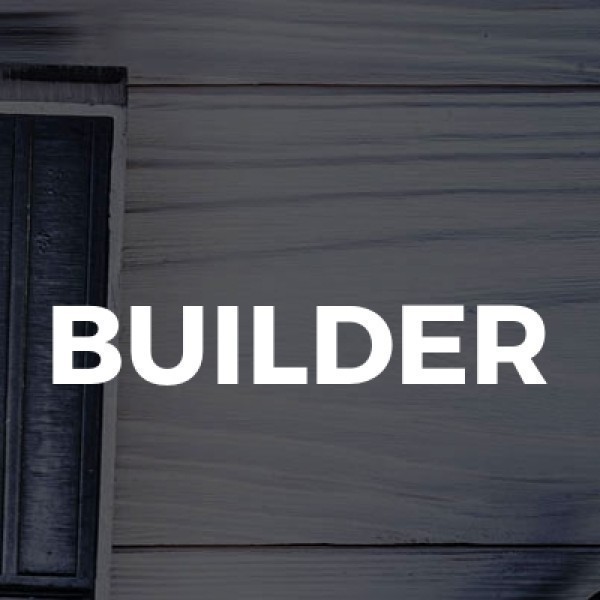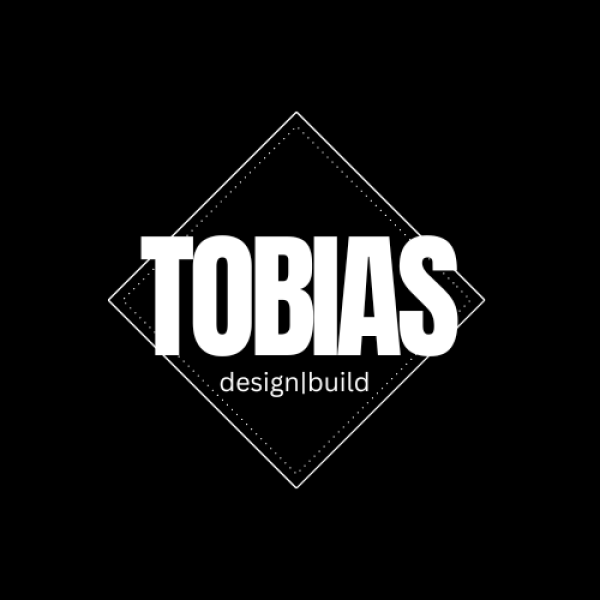Introduction to Garage Conversions in Radstock
Garage conversions in Radstock have become a popular choice for homeowners looking to maximise their living space without the hassle of moving. With the town's charming character and growing community, converting a garage into a functional room can add significant value to your property. Whether you're considering a new home office, a playroom for the kids, or a guest suite, a garage conversion offers a versatile solution. In this article, we'll explore the ins and outs of garage conversions in Radstock, providing you with the knowledge and inspiration needed to embark on your own project.
Understanding the Benefits of Garage Conversions
Garage conversions offer numerous benefits that can enhance both your lifestyle and property value. Firstly, they provide additional living space without the need for an extension, which can be more costly and time-consuming. Secondly, a well-executed conversion can increase the market value of your home, making it an attractive investment. Moreover, converting your garage can improve energy efficiency, as it often involves upgrading insulation and windows. Lastly, it allows for customisation to suit your specific needs, whether it's creating a home gym, a studio, or an extra bedroom.
Planning Permission and Regulations
Before diving into a garage conversion project in Radstock, it's crucial to understand the planning permission and regulations involved. Generally, converting a garage into a living space falls under permitted development rights, meaning you might not need planning permission. However, if your property is listed or in a conservation area, additional permissions may be required. It's always wise to consult with the local planning authority to ensure compliance with building regulations, which cover aspects like structural integrity, fire safety, and insulation.
Building Regulations Compliance
Meeting building regulations is a critical step in any garage conversion. These regulations ensure that the new living space is safe, energy-efficient, and habitable. Key areas to focus on include structural stability, damp-proofing, ventilation, and thermal performance. Hiring a professional builder or architect familiar with local regulations can help streamline the process and avoid potential pitfalls.
Designing Your Garage Conversion
The design phase is where your vision for the garage conversion comes to life. Start by considering the purpose of the new space and how it will integrate with the rest of your home. Open-plan designs are popular for creating a seamless transition, while partition walls can provide privacy for bedrooms or offices. Pay attention to natural light sources, as garages often lack windows. Skylights or additional windows can brighten the space and make it more inviting. Don't forget about storage solutions, which can help keep the area organised and functional.
Choosing the Right Materials
Material selection plays a significant role in the success of your garage conversion. Opt for high-quality, durable materials that complement the existing style of your home. Insulation is a top priority, as it ensures the space remains comfortable year-round. Consider eco-friendly options like recycled insulation materials or energy-efficient windows. Flooring choices should also be practical and stylish, with options like laminate, hardwood, or carpet depending on the intended use of the space.
Cost Considerations and Budgeting
Understanding the costs involved in a garage conversion is essential for effective budgeting. The overall cost can vary based on factors such as the size of the garage, the complexity of the design, and the quality of materials used. On average, a garage conversion in Radstock might cost between £10,000 and £20,000. It's important to factor in additional expenses like planning fees, professional services, and unforeseen contingencies. Setting a realistic budget and sticking to it can help ensure your project is completed without financial strain.
Financing Your Garage Conversion
If you're concerned about funding your garage conversion, there are several financing options available. Home improvement loans, remortgaging, or using savings are common methods. It's advisable to consult with a financial advisor to determine the best option for your situation. Additionally, some homeowners may qualify for government grants or incentives aimed at improving energy efficiency, which can help offset costs.
Hiring Professionals for Your Project
While some homeowners may choose to tackle a garage conversion as a DIY project, hiring professionals can ensure a higher quality finish and compliance with regulations. Consider engaging an architect or designer to create detailed plans and a builder with experience in conversions. Obtaining multiple quotes and checking references can help you select the right team for your project. Clear communication and a well-defined contract are key to a successful collaboration.
Project Management Tips
Effective project management is crucial for keeping your garage conversion on track. Start by setting a realistic timeline and regularly reviewing progress with your contractor. Address any issues promptly to avoid delays. Keeping a detailed record of expenses and changes can help manage the budget and provide clarity throughout the project. Regular site visits and open communication with your team can ensure the project meets your expectations.
Common Challenges and Solutions
Garage conversions can present various challenges, but with careful planning, these can be overcome. One common issue is dealing with dampness, as garages are often not built to the same standards as living spaces. Installing proper damp-proofing measures and ventilation can mitigate this problem. Another challenge is integrating the new space with the existing home, which can be addressed through thoughtful design and material choices. Finally, managing noise levels, especially if the conversion is near living areas, can be achieved with soundproofing techniques.
Overcoming Space Constraints
Garages are typically smaller than other rooms in the house, which can pose space constraints. To maximise the available area, consider multi-functional furniture, built-in storage, and clever layout designs. Vertical space can be utilised with shelving or lofted beds, and open-plan designs can create a sense of spaciousness. Consulting with a designer can provide innovative solutions tailored to your specific needs.
Case Studies: Successful Garage Conversions in Radstock
Looking at successful garage conversions in Radstock can provide inspiration and insight into what's possible. One notable example is a family who transformed their single-car garage into a vibrant playroom, complete with colourful decor and ample storage for toys. Another homeowner converted their garage into a cosy guest suite, featuring an ensuite bathroom and kitchenette, perfect for visiting family and friends. These case studies highlight the versatility and potential of garage conversions to enhance your home.
Lessons Learned from Real Projects
Real-life projects often offer valuable lessons that can inform your own garage conversion. Common takeaways include the importance of thorough planning, the benefits of hiring experienced professionals, and the need for flexibility in design and budgeting. Homeowners frequently emphasise the value of investing in quality materials and the positive impact of thoughtful design on the overall success of the conversion.
Environmental Considerations
Garage conversions present an opportunity to incorporate environmentally friendly practices into your home improvement project. By choosing sustainable materials and energy-efficient systems, you can reduce your carbon footprint and create a healthier living environment. Consider installing energy-efficient lighting, using low-VOC paints, and incorporating renewable energy sources like solar panels. These choices not only benefit the environment but can also lead to long-term cost savings.
Improving Energy Efficiency
Improving energy efficiency is a key consideration in any garage conversion. Proper insulation, double-glazed windows, and energy-efficient heating systems can significantly reduce energy consumption. Additionally, smart home technology can optimise energy use by automating lighting and heating. These measures not only contribute to a more sustainable home but also enhance comfort and reduce utility bills.
Future-Proofing Your Garage Conversion
When planning a garage conversion, it's wise to consider future needs and trends. Designing a flexible space that can adapt to changing circumstances can add long-term value to your home. For instance, incorporating universal design principles can make the space accessible for all ages and abilities. Additionally, considering technological advancements, such as smart home integration, can ensure your conversion remains relevant and functional for years to come.
Adapting to Lifestyle Changes
Life is full of changes, and your garage conversion should be able to adapt accordingly. Whether it's accommodating a growing family, transitioning to remote work, or providing space for hobbies, a versatile design can meet evolving needs. Modular furniture, movable partitions, and multi-purpose areas can offer the flexibility required to adapt to life's twists and turns.
Frequently Asked Questions
- Do I need planning permission for a garage conversion in Radstock? Generally, you don't need planning permission if the conversion falls under permitted development rights. However, it's best to check with the local planning authority.
- How long does a garage conversion take? The duration varies depending on the complexity of the project, but most conversions take between 4 to 8 weeks.
- Can I convert a detached garage? Yes, detached garages can be converted, though they may require additional considerations for utilities and access.
- Will a garage conversion add value to my home? Yes, a well-executed conversion can increase your property's market value by providing additional living space.
- How much does a garage conversion cost? Costs can range from £10,000 to £20,000, depending on various factors like size and materials.
- What are the common uses for a converted garage? Common uses include home offices, guest suites, playrooms, gyms, and studios.














